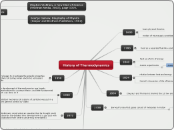realizată de Ana Frances Madrediños 11 ani în urmă
564
History of Thermo

realizată de Ana Frances Madrediños 11 ani în urmă
564

Mai multe ca acesta